LATEST INSIGHTS
Your Present Location: LATEST INSIGHTS-
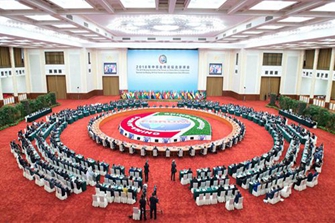
Chinese diplomacy more active in 2018 amid profound international changes
If there is any problem with China's foreign affairs in 2018, that would be its ties with the US, but this is just one part of China's diplomatic ties with major powers, and due to US unilateralism and protectionism to some extent, China's relationship with other major powers has improved.
2019-01-17 -
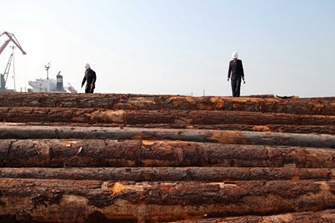
China-Canada FTA talks, bilateral deals may be put on hold amid diplomatic row
Canadian officials boasted of a "unique" trading relationship with China just three months ago, but souring bilateral ties have cast a shadow over further bilateral trade.
2019-01-16 -

Liu Zhiqin: Is Uncle Sam going to be the catalyst to another multifaceted global crisis?
It was 10 years ago when the US triggered the world financial crisis, which is still affecting the global economy. So, the question now is, will the US usher in another hazardous and dreaded political crisis?
2019-01-15 -
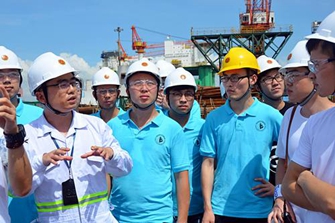
Multi-skilled talent in demand on BRI
China's surging number of Belt and Road Initiative projects in overseas markets have spurred big demand for multi-disciplinary specialists, experts said.
2019-01-14 -
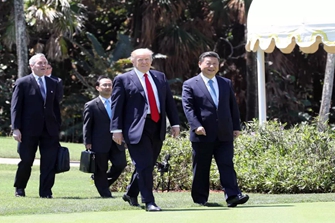
William Jones: U.S. should work with other nations to realize the common aims of mankind
The establishment of US-China relations 40 years ago was at the same time the revitalization of a relationship that stretched back nearly to the founding of the United States. The first American ship to arrive in China, the Empress of China, docked in Guangzhou in 1784, three years after the American Revolution.
2019-01-14 -
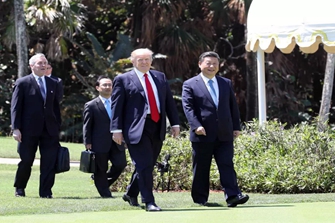
William Jones: U.S. should work with other nations to realize the common aims of mankind
The establishment of US-China relations 40 years ago was at the same time the revitalization of a relationship that stretched back nearly to the founding of the United States. The first American ship to arrive in China, the Empress of China, docked in Guangzhou in 1784, three years after the American Revolution.
2019-01-14 -
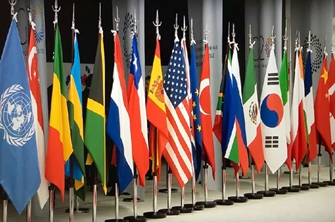
Jin Canrong: Using diplomacy to meet economic needs
The year 2018, among other things, was marked by turbulence, from the China-US trade frictions and the lingering economic downturn in European economies to the increasingly complicated situation in the Middle East and the crises in Latin American countries. Which means 2019 could throw up more uncertainties.
2019-01-14 -

Liu Zhiqin: Is Uncle Sam going to be the catalyst to another multifaceted global crisis?
It was 10 years ago when the US triggered the world financial crisis, which is still affecting the global economy. So, the question now is, will the US usher in another hazardous and dreaded political crisis?
2019-01-14 -
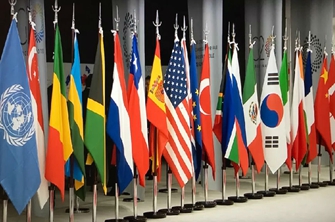
Jin Canrong: Using diplomacy to meet economic needs
The year 2018, among other things, was marked by turbulence, from the China-US trade frictions and the lingering economic downturn in European economies to the increasingly complicated situation in the Middle East and the crises in Latin American countries. Which means 2019 could throw up more uncertainties.
2019-01-14 -
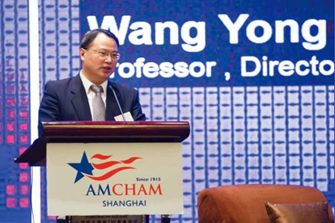
Wang Yong: The U.S. and China domestic adjustment and trade relations crisis
The year 2018 has witnessed the celebration of the 40th anniversary of China’s reform and opening up, as well as the 40th anniversary of the establishment of diplomatic relations between China and the United States.
2019-01-11 -
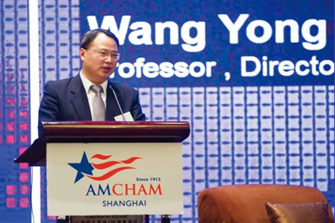
Wang Yong: The U.S. and China domestic adjustment and trade relations crisis
The year 2018 has witnessed the celebration of the 40th anniversary of China’s reform and opening up, as well as the 40th anniversary of the establishment of diplomatic relations between China and the United States.
2019-01-11 -
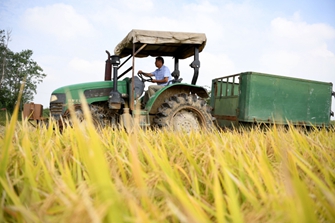
China continues to make efforts in rural and agricultural development
Kou Hongyan was laid off from a factory in Beijing 14 years ago. At the time she could hardly imagine that one day she would become a pioneer leading her fellow townspeople in Beijing's western suburbs to shake off poverty and become prosperous.
2019-01-11 -

Film subject more important than stars
China's movie box office reached a record 60.98 billion yuan ($8.88 billion) last year, up 9 percent from 2017, with domestic movies accounting for 62.5 percent of the total, according to the State Film Administration. What new features and trends were visible in Chinese films, and how can domestic filmmakers improve their products in the future?
2019-01-11 -
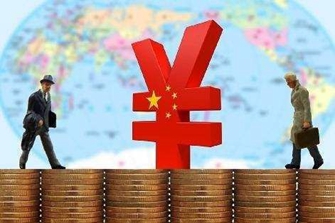
China moves to boost demand for autos and home appliances
China will put forward new policies to boost consumer demand for automobiles and home appliances, said Ning Jizhe, deputy director of the National Development and Reform Commission, Securities Daily reported.
2019-01-11 -
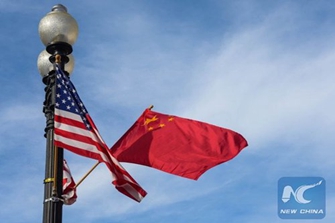
Limited details released, but statements hint at progress
With the latest China-US trade talks ended in Beijing, all eyes turn to the next step by the two economic powers to untangle trade frictions as officials offered limited details about their discussions, but left sufficient hints for continued efforts.
2019-01-11 -

Pakistan launches first Alibaba-backed blockchain cross-border remittance service
The launch of Pakistan's first blockchain technology-backed cross-border remittance service, which is supported by Alibaba Group's financial arm Ant Financial, sheds light on how China and Pakistan have upgraded their cooperation from traditional industries such as infrastructure and energy to innovative technology under the Belt and Road initiative (BRI), analysts said.
2019-01-10 -
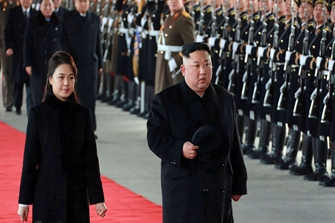
Wang Peng: Xi-Kim summit reinvigorates the deadlocked Peninsula issue
Kim Jong Un, chairman of the Workers' Party of Korea and chairman of the State Affairs Commission of the Democratic People's Republic of Korea (DPRK), is visiting China at the invitation of Xi Jinping, Chinese president and general secretary of the Central Committee of the Communist Party of China.
2019-01-10 -
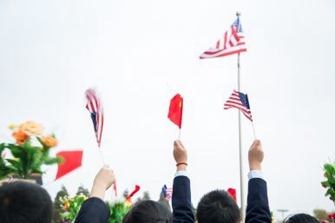
Chen Dingding: Challenges for the US-China Trade War ‘Truce’
China and the United States agreed on a 90-day ceasefire in the trade conflict at the G-20 summit in Buenos Aires in December last year. Since then, roughly half of that 90 day period has come and gone. At the meeting, Chinese President Xi Jinping aimed to persuade Donald Trump, his American counterpart, to abandon plans to raise tariffs on $200 billion in Chinese goods to 25 percent starting in January 2019.
2019-01-10 -
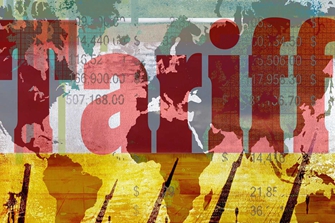
Political determination key to Sino-U.S. trade solution
The first face-to-face meetings since Chinese President Xi Jinping and his U.S. counterpart Donald Trump agreed to a 90-day tariff truce in Argentina wrapped up on a positive note on Wednesday. The two sides agreed to further implement the Xi-Trump consensus, exchanged views on trade and structural differences, and pledged to maintain close communications.
2019-01-10 -
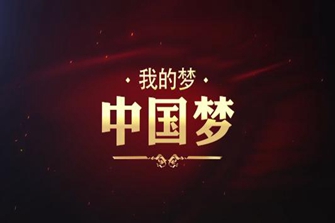
Ding Gang: The Chinese dream discovered on TV
A three-part documentary, How China Made It, airing on the Discovery Channel and the Chinese streaming platform Youku, reveals that the moving story of China's 40 years of reform and opening-up is the story of the Chinese people.
2019-01-10
























































































 京公网安备 11010802037854号
京公网安备 11010802037854号





